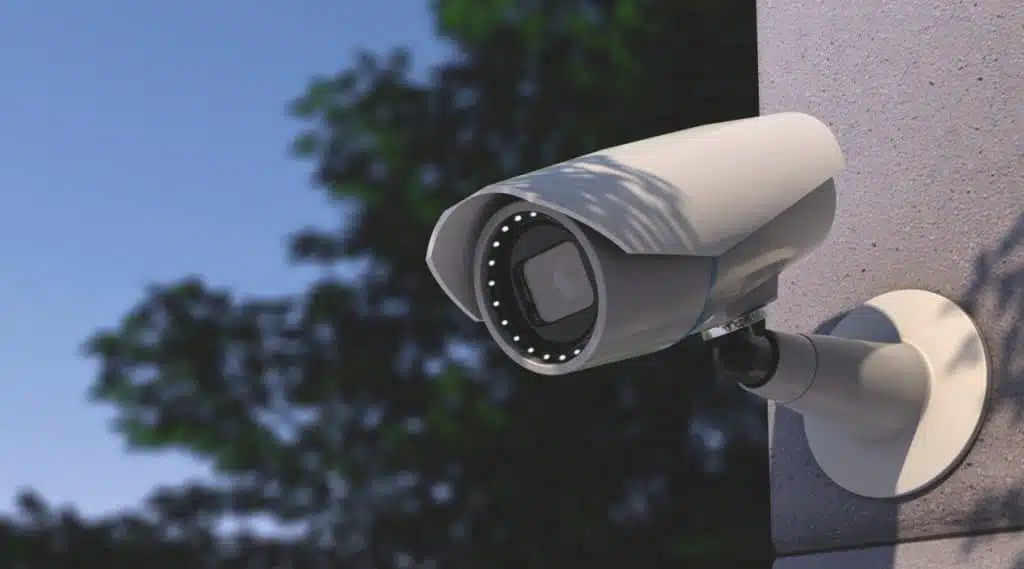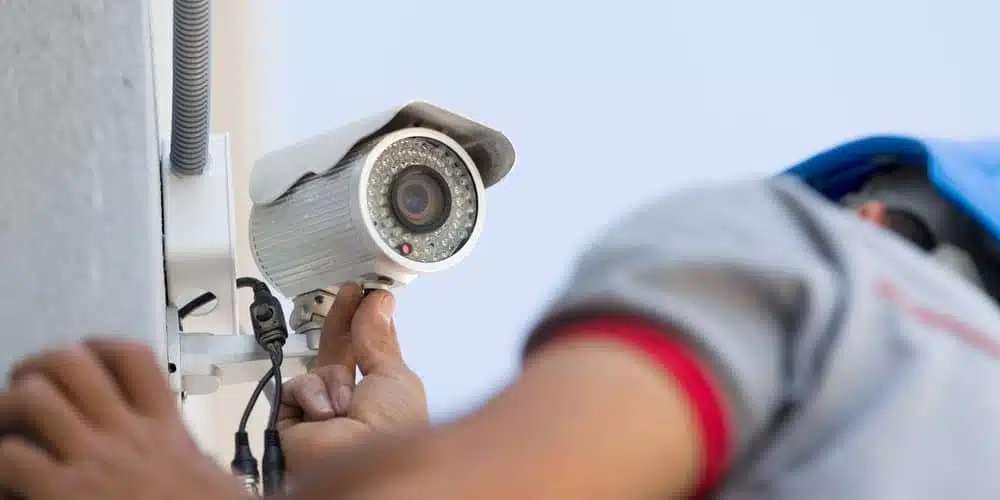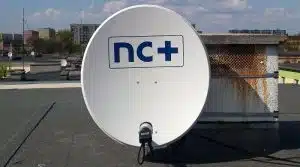Each of us treats our home or apartment as a refuge of security and wants this place of daily existence to be a safe haven. Some replace locks for this purpose, others install alarms. However, more and more people are opting for the affordable and modern solution of monitoring, that is, installing cameras on their own property. Is it legal under British law to mount a camera on a property?
A system of cameras that record the environment is commonly called CCTV. While city monitoring, managed by the city government and authorized services, is not particularly controversial, cameras on private property can cause debate.
All disputes revolve primarily around data privacy and image protection. It would seem that according to the motto “my home is my castle” installing and using cameras on one’s own property should be of no interest to outsiders. This seems logical, but what about the case when a camera mounted just outside the fence has a range that covers the entire sidewalk and all passersby? Or does it protect your garage while keeping a constant eye on your sunbathing neighbor? These situations all raise legitimate objections and in many cases the case ends up in court.

This is why UK law recommends restraint and responsibility in the use of CCTV systems. It is best to install the cameras so that they are for security purposes only, while not raising suspicion of dishonest intentions. The legislature does not restrict the use of CCTV on your own property in any way, but suggests other precautions that may be sufficient to protect you – such as an alarm or automatic lighting.
Is it necessary to inform?
Under UK law, notification of the installation of a CCTV system is not required, but it is nevertheless advisable to hang a suitable sign and talk to your neighbours. It is the responsibility of the private camera owner to regularly check the operation and tightness of the system. Third party data should not be leaked or used inappropriately, other than to protect against an immediate and real threat.
Evidence in the case
Importantly, CCTV footage under British law can be used as evidence in police proceedings. Officers may be interested in it for accidents, beatings, theft, etc. If you know of an incident and feel that your recording could help apprehend the perpetrator or solve the mystery – report to the nearest police station.
Recording on one’s own property is legal, but requires special responsibility. Although the British government recommends on its website more conventional forms of protection, i.e. those that do not raise suspicion of deliberate interference with another’s privacy, there is no legal basis for prohibiting the installation of cameras on one’s own property (known as CCTV). However, if you overstep the bounds of good fellowship with your neighbors or passersby, you can expect a case in court. The situation will certainly be ambiguous, with no scales tipping directly to a particular side.


